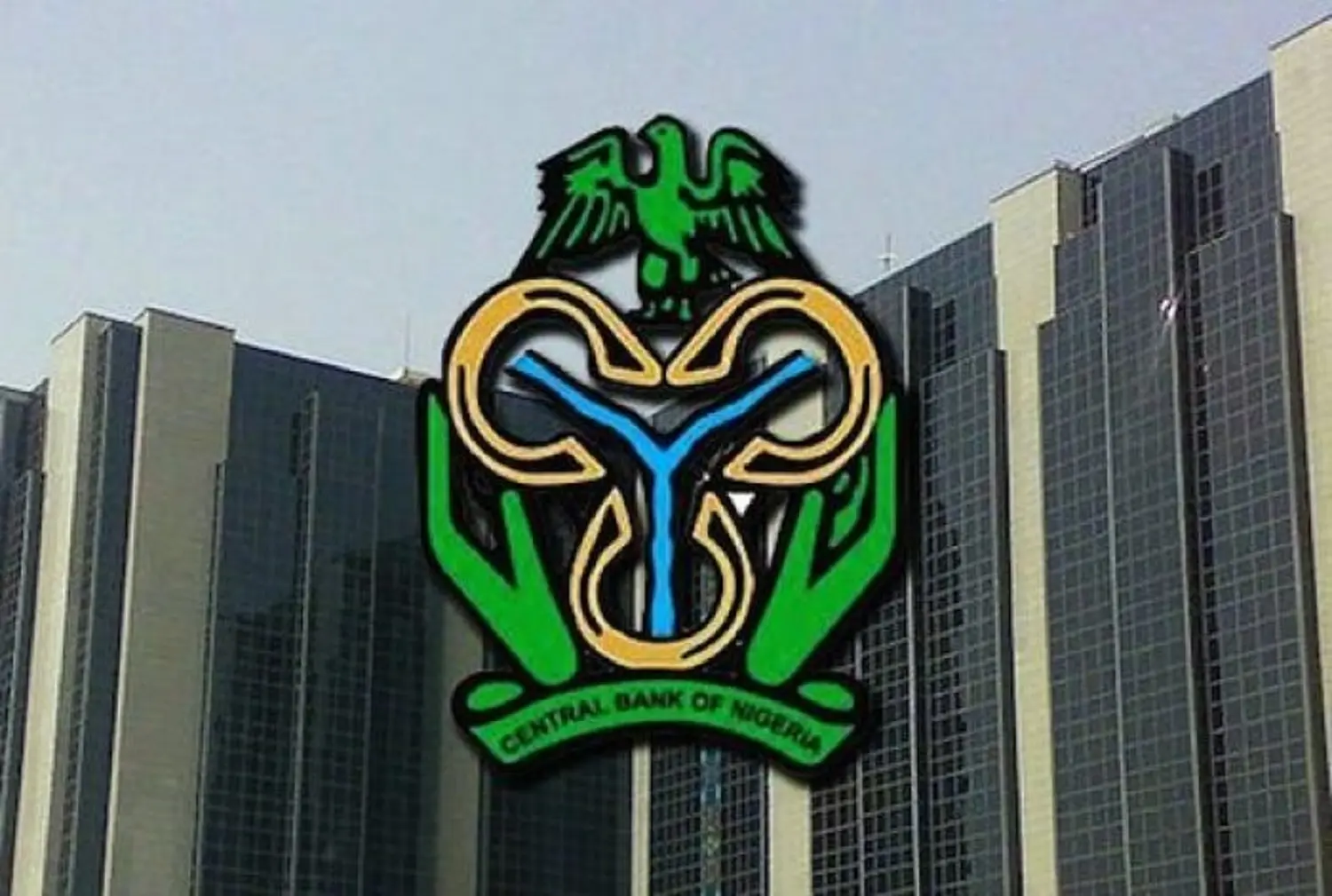Banking recapitalisation entered into our national lexicon indelibly when Prof. Charles Soludo, then governor of the Central Bank of Nigeria, in July 2004 ordered banks in the country to recapitalise so they could play their roles effectively. At the end of the 18-month exercise, Soludo made it clear that the exercise would be a continuing one, if the nation’s banking sector were to remain relevant to the needs of the economy.
It is in this light that the announcement by Dr Olayemi Cardoso, CBN governor, of another round of banking-sector recapitalisation, should be situated. Recapitalisation or consolidation, as it was also known, in the banking sector is a strategy, a continuous reform measure in the sector needed to ensure its soundness and ability to deliver on its mandate.
This becomes clearer if we look at the process as part of the economic reform measures that nations over time have embarked upon. Over time, economic thinkers have always sought ways of improving the performance of the economy, including the banking sector, and therefore, there is really no finishing line in the reform process. It is part of a nation’s industrial policy, which seeks to answer the question: What can we do to improve the way the economy is performing now?
In the latest version of recapitalisation, we are presented with a target size of the economy, $1.0 trillion, to be achieved about seven years down the road. Essentially, what the government is searching for now is an optimal combination of resources -financial, technological, and human – that can help the country attain this obviously ambitious target through accelerated growth.
Leadership crisis rocks Bauchi Assembly as court sacks speaker, deputy
Zenith Bank to establish subsidiary in France
Governor Cardoso’s explanation that this target from the Policy Advisory Council is based on “clearly defined priority areas and strategies” provides a justification for this order to the banks and indicates that those who framed the policy guide most likely included recapitalisation as one of the strategies.
Yes, we need banks with the war chest to take on gigantic projects, whether as individual financiers or in consortia, pooling funds so that contributors can key in where their risk appetite can fit in. The kinds of projects that will engender “sustainable and inclusive economic growth at a significantly higher pace than current levels” must be massive enterprises that have linkages in the economy. That way, the projects will be able to create jobs, which is the essence of inclusivity in any development model that can address Nigeria’s economic fragility.
The bane of economic well-being has been non-inclusive growth. We cannot grow anymore as we grew in the past, growth without development. That is a process that left millions of people behind, without jobs. This is one of the reasons responsible for the rising incidence of poverty, which has refused to go away.
Banks that will play this role will be adequately capitalised. That is the heart of the recapitalisation. Capital adequacy is measured as the ratio of shareholders’ funds to total assets, in other words, shareholders’ funds are divided by the total assets of the bank. This is expected to be at least eight per cent.
Yet, this latest version of recapitalisation faces credible challenges. First, the government’s target of $1.0 trillion might just be one of the biggest problems of the exercise. As already pointed out, this size of the economy is to be achieved seven years from now. And, we might ask: in seven years, how much naira will be equivalent to $1.0 trillion? This is a pertinent question given the recurring devaluation that our naira has been experiencing, and which many people expect to continue in the foreseeable future. So, in seven years’ time, what will be this target size of the economy and how will this impact the local banking sector? This could be an example of setting a target on an elastic ruler.
Therefore, whatever the recapitalisation target the CBN sets for the banks, the inevitable changes in the value of the naira are likely to render such targets out of sync with the overall objective. This also links to what analysts have pointed out about the possible recapitalisation target we are likely to see soon. Soludo raised the minimum bank capital from N2 billion to N25 billion, which still remains the official minimum capital base in the banking industry.
Since the conclusion of the Soludo-led exercise, banks in Nigeria have moved on and raised their capital bases several times over the official minimum. This applies to the Tier-1 and Tier-2 banks, with many of them having their capital bases in excess of a trillion naira.
This raises the question as to whether the CBN is going to demand variable minimum capital requirements for the banks, or for those currently below a certain amount already attained by some to ratchet up to the new amount. Whichever method, some analysts warn that this could act as an entry barrier into the industry.
Yet, as important as they are in the performance of the whole economy, banks have their limitations, when it comes to financing projects. And in the case of Nigeria and other parts of Africa, the limitations faced by the banking industry in financing economic growth have been evident.
So, despite the expected roles of banks in driving Nigeria’s desire to achieve this anticipated higher growth rate, the time has come for the country to strengthen and develop other segments of the financial market so they can play a significant role in the funding process to build a robust economy.
Many analysts have criticised Nigeria’s over-dependence on banks to fund the country’s journey to economic greatness, noting that the lenders’ emphasis on short-term lending has contributed to the country’s stunted economic advancement. The time has come for emphasis to be placed on the long-term financial market. This will mobilise funds for deployment in massive projects with the potential to impact the economy positively.
In this regard, we should grow the capital market, and make it accessible to investors who can raise long-term capital to plough into profitable ventures. This administration, specifically the Ministry of Finance and the Central Bank, should initiate policies that will strengthen the local capital market as a source of long-term capital. This will complement the coming recapitalisation by banks.

 Join Daily Trust WhatsApp Community For Quick Access To News and Happenings Around You.
Join Daily Trust WhatsApp Community For Quick Access To News and Happenings Around You.


